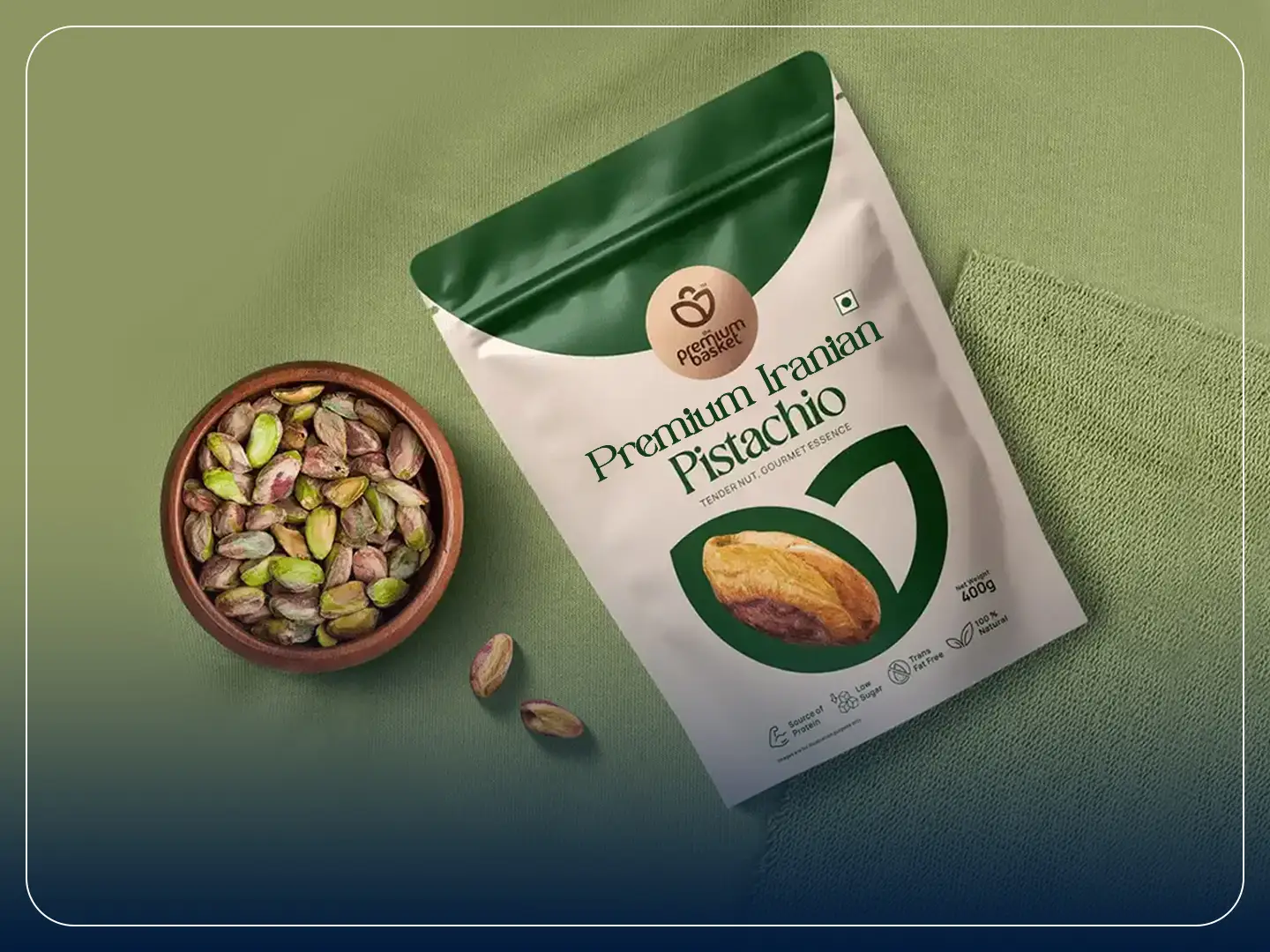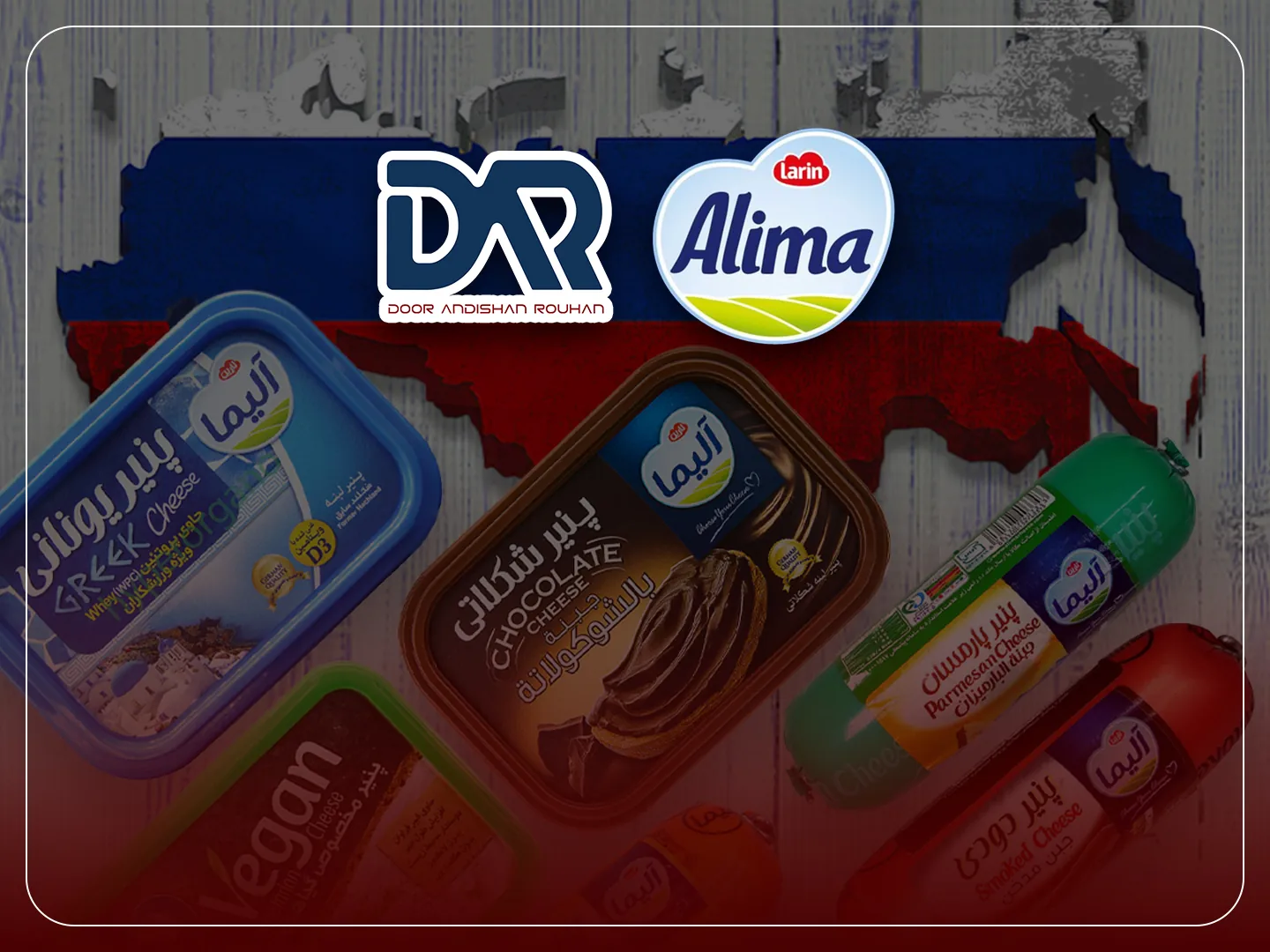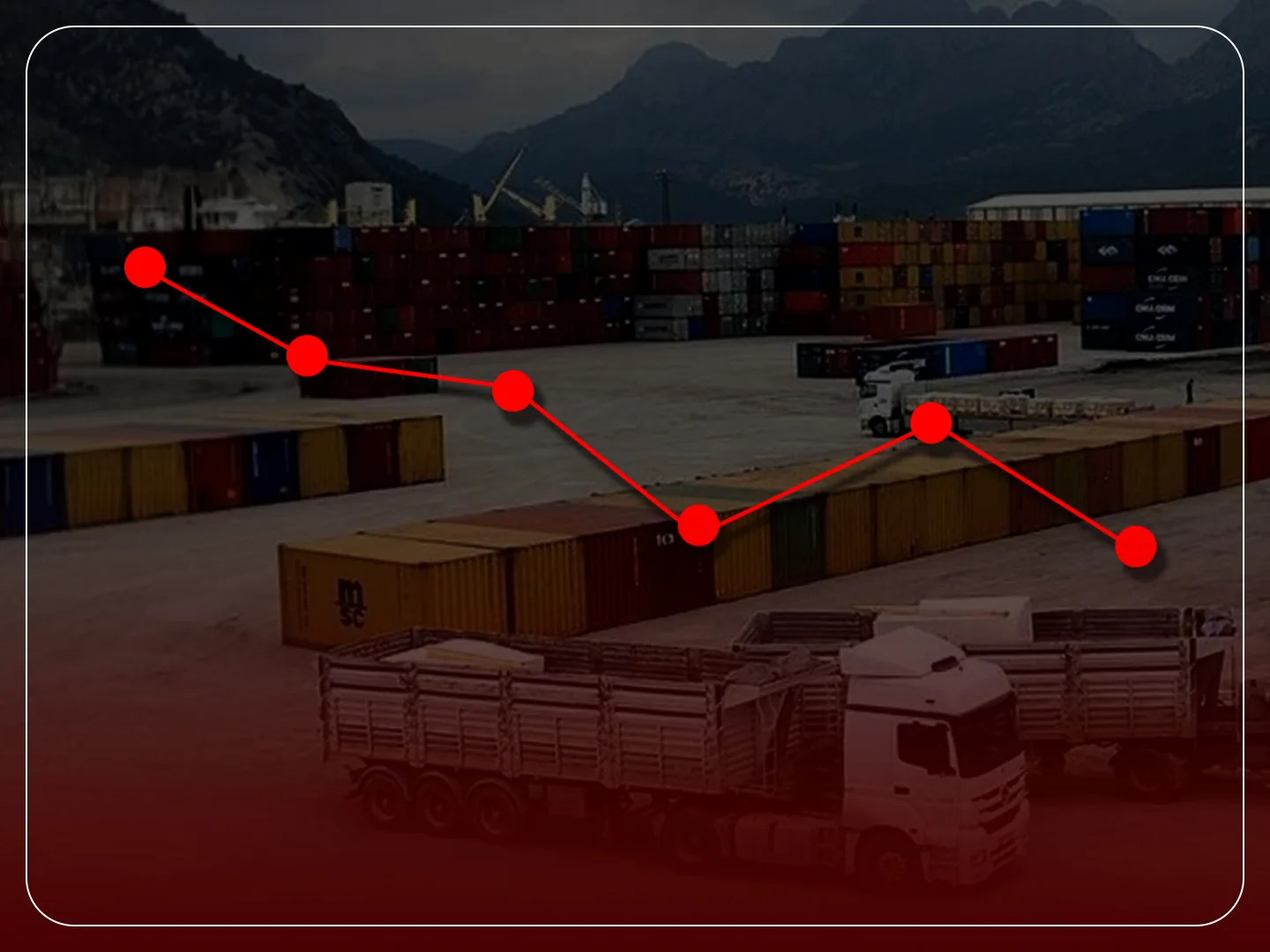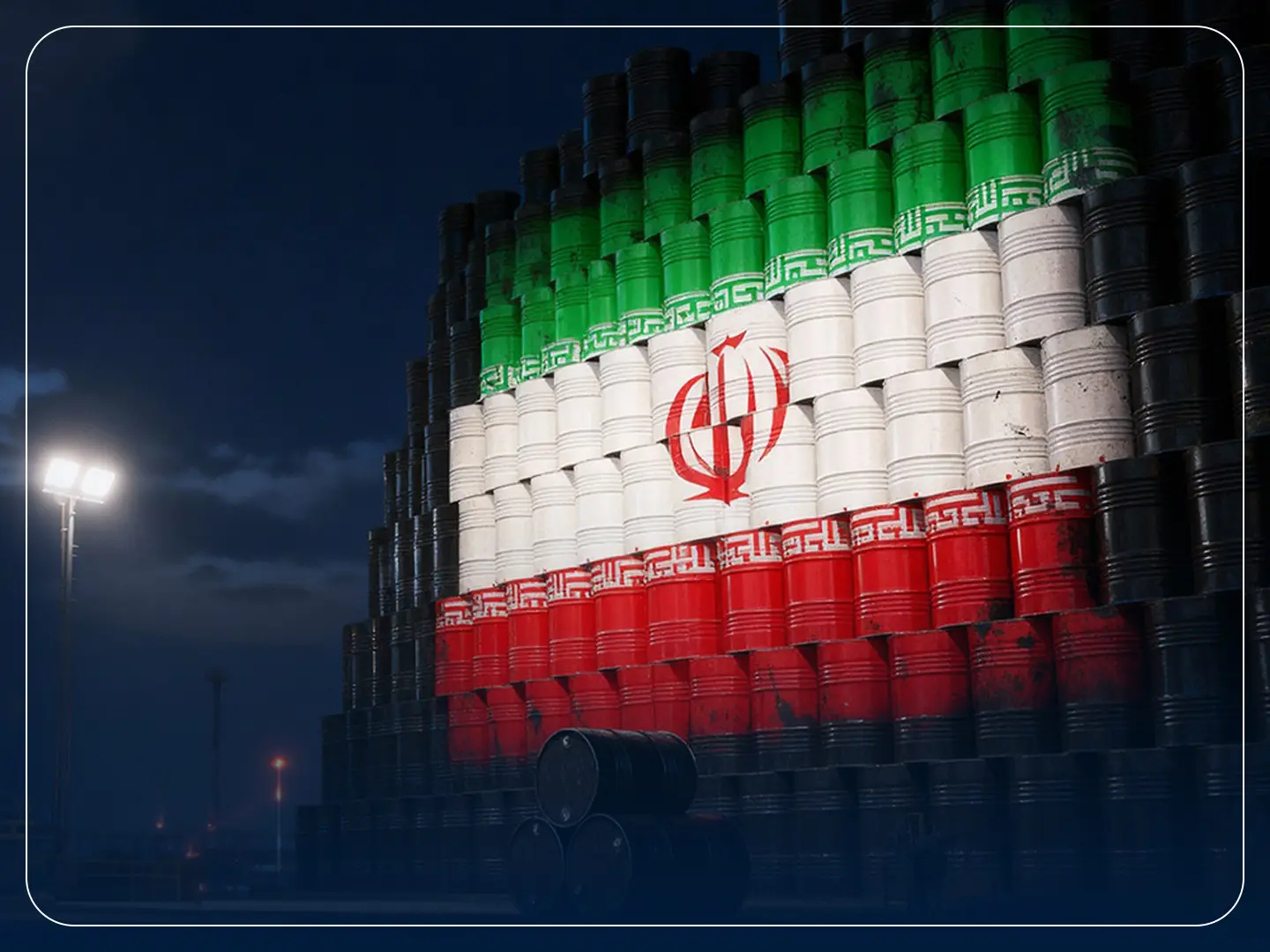Exporting Iranian Dates to the European Market
Exporting dates from Iran to Europe is an opportunity rich with challenges. Iran is among the largest date producers and exporters globally with dates being a significant component of its agricultural exports. Iran is indeed number two in date production, with some 30% of its output being exported to foreign markets. Iranian date exporters cultivate some 400 date varieties throughout their nation. Iranian dates are sought after for their inherent sweetness, nutrient content, and variety of dates. Europeans increasingly look to health-centric snacks and natural sweeteners, so they represent an attractive market for Iranian types. But a successful presence is a matter of meticulous compliance: exporters should be familiar with EU rules regarding imports, certification, and stringent packaging requirements. In Europe, legal statute dictates mandatory labeling and hygiene protocols for incoming foods. In this guide, we detail the principal EU rules governing imports, date packaging requirements, date labeling protocols, as well as EU date market prospects. Compliance with these guidelines helps Iranian date exporters increase penetration and competitiveness throughout Europe. Agricultural exports from Iran rose to $5.2 billion last 2024. It is critical for Iranian farmers/exporters to be aware of EU requirements to be able to exploit the date market in Europe; exporters much be aware to be compliant.
Demand Trends for Dates in Europe
European dates have been a steadily expanding market. There is a rising interest among consumers in healthy, natural foods and alternatives to sugar. Global date imports to Europe increased their share from 25% in 2018 to more than 30% in 2022, to approximately 184 thousand tons (from 137 thousand in 2018). It is a growth prompted by changing consumer trends and demographics. For instance, Europe's sizeable Muslim and immigration populations increase demand seasonally during Ramadan as well as during festivals. There is also a preference among European customers for high-fiber foods that are rich in nutrients. Dates contain fiber, potassium, and antioxidants, aligning with trends toward lower usage of added sugar. In Europe, customers increasingly look for organic or responsibly produced products; supermarkets now highlight responsible sourcing throughout the fruit industry. Context: France alone is responsible for approximately one-fourth of EU date imports, with Germany, the UK and others behind. There has also been higher-than-average growth among date imports by Italy and Spain.
Major European Importers of Dates
The table hereunder indicates the relative market share of top European nations importing dates in 2022 (France being the top importer):
| Country | Import share (%) |
| France | 25% |
| Germany | 15% |
| United Kingdom | 13% |
| Netherlands | 9% |
| Spain | 7% |
| Other EU | 31% |
Experts project further annual growth of approximately 5% for the date market in Europe. Imports of date-based products such as syrups and date pastes also rise with date producers looking for natural sweeteners. Per-head usage is high in some nations – e.g., the Netherlands is tops with some 300 g/head/year. Seasonally (not least around Ramadan and winter festivals), demand is high overall because dates have strong cultural and festival applications. To gain access to this market, Iranian exporters face entrenched supply lines. For instance, France – the biggest date market within Europe – imports most dates it consumes from Algeria and Tunisia, suggesting that Iran's volume of EU imports remains low.
EU Import Regulations and Certifications
All dates imported into the EU must meet stringent food safety standards. The EU has very low tolerance for toxins and residues. For example, aflatoxin B1 in dates is limited to 2 μg/kg. Exporters typically test shipments in advance for pesticide residues and mycotoxins to avoid border rejection. Dates are also subject to hygiene rules for microbes (e.g. Salmonella, E. coli), so good manufacturing practices are essential. Insects are controlled by requiring pitted dates or approved treatments; for example, phosphine fumigation or freezing is used since methyl bromide is banned. EU customs will reject loads that exceed maximum residue limits (MRLs) or show contamination. Maintaining complete traceability (record-keeping of farm and batch) is important to comply with EU Food Law. Exporters often perform pre-shipment testing for contaminants and pesticide residues to ensure compliance. The EU also checks for waterborne contaminants (e.g. chlorates) in dried fruit; exporters should avoid chlorinated wash water. The EU sets very low maximum levels for certain toxins in dates. Table below lists the limits for aflatoxins and ochratoxin as examples.
| Contaminant | Maximum EU limit in dates (μg/kg) |
| Aflatoxin B1 | 2 |
| Total aflatoxins | 4 |
| Ochratoxin A | 15 |
Essential Export Certifications and Documentation
Iranian exporters should submit EU clearance certificates of imports. Key requirements are:
- EU Health Certificate: Ensures dates meet EU food safety standards (issued by Iranian health/veterinary authorities).
- Phytosanitary Certificate: Verifies dates are pest- and disease-free (approved by Iran's plant protection agency).
- Certificate of Origin: Declares country of origin as Iran, for tariff and trade purposes.
- Organic Certification: In order to claim as organic, a product must be certified through an EU-approved certifier. Organic date packs should also carry EU organic logo and code for certification.
- Quality/Traceability Certifications: Voluntary programs such as HACCP or ISO 22000 indicate good controls for food safety and increase assurance among buying parties.
Through these documents, exporters avoid bottlenecks with EU customs and establish credibility with their importers.
Packaging and Labelling Requirements
They will be labeled and packaged to EU's stringent specifications. Packaging should also state product name (e.g. Dates), ingredients, nutritional information, country of origin, net weight, date of manufacture/protection and date of minimum quality/safety assurance, together with packer's name & address. All labelling information should be in destination country language(s) – i.e. French for France or German for Germany. There is no legal obligation for nutrition facts & allergen statement on retail packs. In practice, a code number (in bar code format) & general storage instructions (e.g. "store in a cool dry place") are also expected. When additives or preservatives (such as sulfites) have been used, they also must be declared. EU regulation even specifies minimum font size & formatting requirements for mandatory information. Iranian exporters routinely include a Packaging & Labelling Certificate from Iran Standards Organization to confirm compliance; they do this by sending a proposed label design (with such information as name, composition, weight, dates, storage, code number/bar code etc.) to be approved.
Key Requirements
Packaging itself should also retain quality of product. Dates need cool, dry storage; some exporters use vacuum-packed or insulated packaging to retain freshness. In Europe, more and more consumers request ecological packaging, so a competitive market benefit is using recyclable or compostable packaging. For example, some exporters pack date packs with cartons of cardboard and compostable trays. Exporters routinely include date variety and grade on labeling (e.g. "Iranian Mazafati – Extra"); labeling with a crop year and a best-before date is standard. Bulk cartons for importers or retail size trays (200–500 g) for supermarkets and stores serving ethnic communities can be sourced from suppliers. Achieving these labeling and packaging standards will allow Iranian dates to be competitive and compliant with EU market requirements.
Opportunities for Iranian Exporters
Iranian date exporters have a few things to capitalize on in the European market. Iran produces numerous high-end date types (Mazafati, Piarom, Zahedi, etc.) appealing to a variety of palates. Europeans themselves look to the health value of dates (fiber, vitamins, antioxidants), an area where demand for wholesome, lightly processed snacks aligns.
Strategic Market Advantages
Iranian dates also offer a quality and price competitive proposition. High volumes allow competitive pricing, and emphasis on certifications (HACCP/ISO) strengthens importer confidence. Internet channels make a difference: sales through European internet stores or marketplaces (e.g. Amazon EU) can reach health- and environmentally-concerned customers. Exporters usually ship bulk cartons to importers but keep smaller packs available for ethnic stores or internet sales. For instance, Europe's large Muslim communities ensure reliable Ramadan sales for dates. Iranian producers' traditional farming practices (e.g. non-chemical farming practices) can be a marketing point. Participation in European trade exhibitions for foods and building local distributor agreements will allow Iranian producers to reach buyers. In a sentence, a combination of quality, certification, price strategy and marketing efforts will boost EU market penetration for Iranian dates. For instance, different French date brands add a Nutri-Score (usually B or C) to highlight health benefits, and commentators anticipate EU import growth to persist (~5% p.a.). Exporters could also turn to date by-products: e.g. date syrups and date pastes increasingly find their way into EU supplies though European foods manufacturers to open new market segments.
Yet another niche is profiting from functional claims. There is scientific research to support that dates can enhance exercise performance; promoting them as energy snacks from nature would appeal to active customers. Highlighting nutrition (fiber, antioxidants) on the label – even providing recipe ideas (smoothies, energy bars) – increases allure. Expanding on such trends and strengths, Iranian producers can establish a dominant presence: competitive pricing, consistent quality, and effective advertising will make Iranian dates more appealing in Europe.
Conclusion
Strong growth opportunity exists for Iranian date exports to the European market, fueled by trends towards healthy eating and natural alternatives to sugar. But strict compliance is necessary to succeed in Europe: exporters to the EU must pass EU food safety tests (e.g. low aflatoxins) and acquire the correct certifications. Country-specific labeling with clear language is also necessary, as is environmentally friendly date packaging. Following these rules with an emphasis on quality can allow Iranian date exports to better enter the market and effectively compete. Quality assurance at every point—from orchard to final package—will establish confidence with EU buyers. Being proactive illustrates a seriousness about quality that instills confidence with buyers. Investing in quality assurance, certifications, and sustainable production practices can make Iranian dates more appealing. Regularly meeting EU quality standards allows for repeat orders and good reputation. In a nutshell, proactive compliance with marketing is necessary to capitalize on building demand for high-quality dates in Europe. Being proactive establishes credibility.






